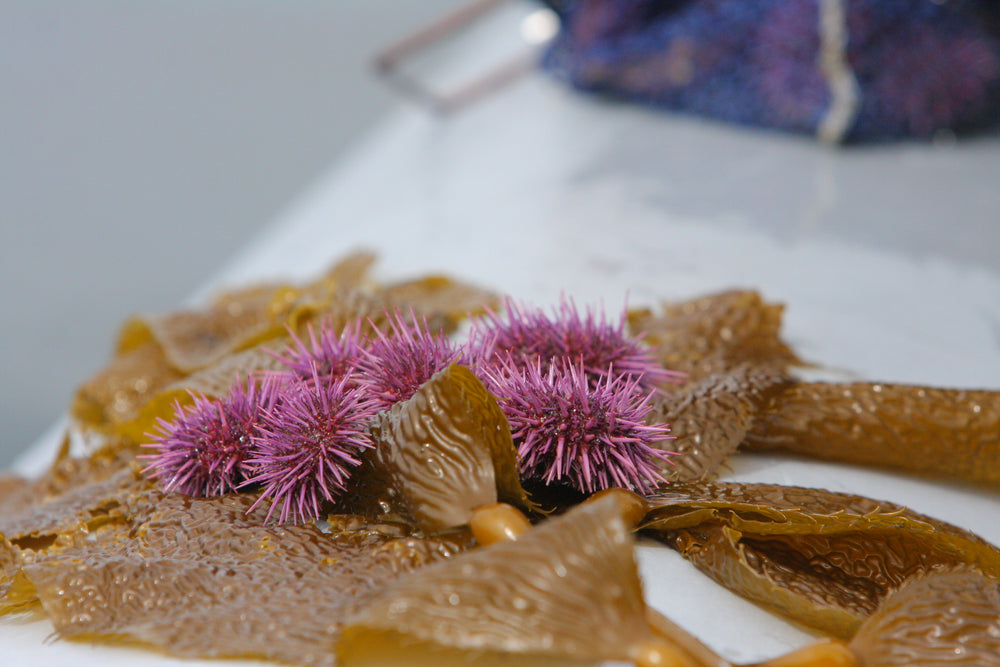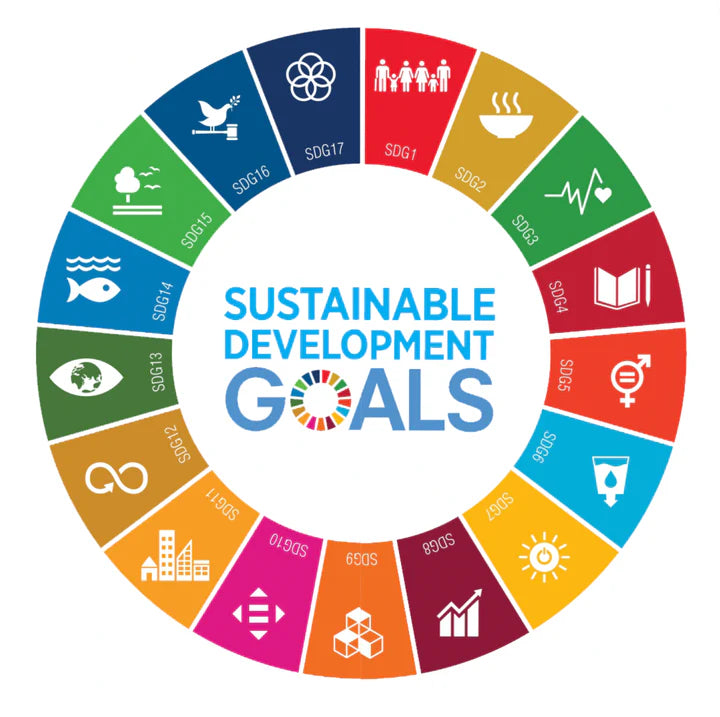
Sydney, Australia
This page details the UN Sustainable Development Goals being addressed by the SeaTrees project at Tankers Reef in Monterey Bay, California.
Sustainable Development at Tankers Reef
SeaTrees supports the kelp forest restoration and research efforts by Reef Check California and G2KR in partnership with “citizen scientist” volunteer divers. This project is a starting point that could lead to large-scale, low-cost kelp forest restoration activities across the California coast—where critical kelp forest ecosystems are in a state of crisis.

Key Impact Metrics
- Oxygen tanks, boat time, and materials for volunteer divers supported by SeaTrees
- 180+ volunteer divers registered
- 10,000 sq-m of kelp forest to be restored
Sustainable Development Goals addressed by the project
SeaTrees evaluates this project annually to measure its impact on all relevant Sustainable Development Goals.
The Tankers Reef project addresses three SDGs. Read below for more details.

Industry, Innovation and Infrastructure
This project is on the forefront of kelp restoration research in California. In addition to restoring the kelp forest ecosystem in Monterey Bay, CA, the goal of this project is to research new methods for restoring degraded kelp forests in the region.
Reef Check California and G2KR, SeaTrees’ partners in Monterey, are recruiting “citizen scientist” volunteer divers to restore 10,000 sq-m of kelp forest at Tankers Reef in Monterey Bay. If successful, this project will help prove that recreational divers are able to restore degraded kelp forests.

Climate Action
A critical component of this project is educating the local community of volunteer divers to successfully restore degraded kelp forests. Reef Check California and G2KR conduct training sessions for any divers interested in volunteering to restore the kelp forest ecosystem at Tankers Reef.
This method for restoring degraded kelp forests could develop capacity for kelp forest restoration activities around the world, thereby increasing carbon sequestration in kelp forests globally.

Life Below Water
Monterey Bay once provided habitat for many diverse species, including southern sea otters and sea stars. From 2013-2015, Monterey Bay experienced both a sea star wasting disease, wiping out 20 species of starfish, and a “warm blob“ of seawater, which together led to the proliferation of purple sea urchin barrens.
This project restores the kelp forest ecosystem of Monterey Bay by culling purple urchins, allowing for the reintroduction of kelp forests and native marine species.
To read about the UN Sustainable Development Goals in detail please reference this link.
